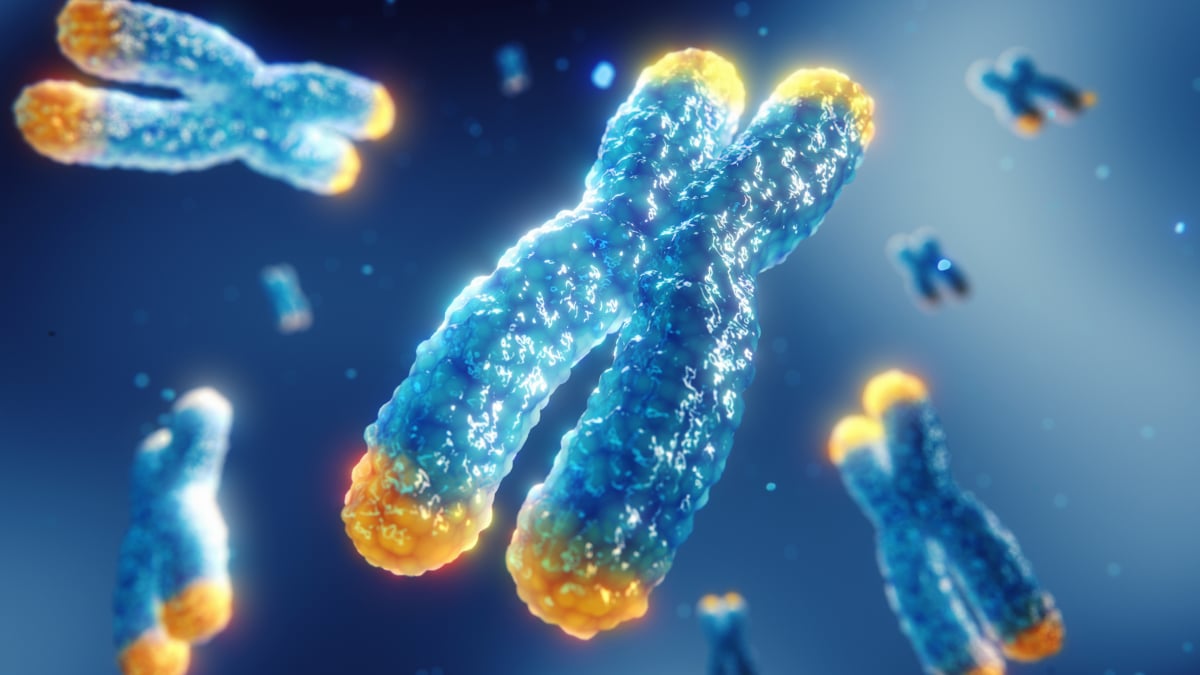At a biological level, the passage of time in human beings means a decrease in cellular function and the deterioration of organs and tissues. It is inevitable. It is called ageing and it is implicit in our lives. However, in some cases, this process is accelerated and, despite what our identity card says, inside and out, we are older.
The clearest and most serious example of this are the so-called progerial diseasesThese are genetic conditions in which there are mutations in the genes that regulate the ageing process. As a result, sufferers age at a much faster rate and therefore die early.
Once this diagnosis has been ruled out, Dr. Alfonso Galán explains from Neolife that, if for various reasons, we have subjected our cells to excessive stress or we do not have the capacity to repair this damage, they will not be able to perform their function, the organ where they live will fail and the organism as a whole will end up failing.
When talking about stress, this expert in anti-ageing medicine refers to factors such as the consumption of toxic substances - drugs, alcohol and tobacco -, a diet low in nutrients and micronutrients, and a sedentary lifestyle. Sleep, its quantity and quality, as well as excessive stress itself or anxiety, are also vital. The same applies to hormonal decline, microbiotic disturbances and chronic inflammation, among others.
In other words, it is up to us to put the brakes on this advance of the biological clock. We must ensure, explains Dr Galán, that we eliminate the aforementioned factors from our lives, but today, thanks to anti-ageing medicine, we can go a step further. New medical advances related to ageing make it possible to "see what the accumulated damage is, diagnose the ageing process, and provide the necessary means with the help of professionals who are experts in the field".
In addition to the analysis of three vital systems, the respiratory, metabolic and cardiovascular systems, two lesser-known values are analysed: epigenetic clocks and telomeres. The observation of the state of all of them will yield a relevant piece of information: the biological age of each individual versus the real age, determined by their date of birth.
The study of the epigenetic clocksFirstly, it is a method that deals with DNA methylation, the process that regulates which genes will and will not be expressed. As we age, our DNA methylation levels become lower and lower and we have less and less control over our DNA, and therefore over the possible occurrence of diseases. The aim would then be to prevent harmful external agents from damaging the methylation processes.
It is also possible that these agents, including a sedentary lifestyle and a diet rich in fats and sugars, have an influence on the immune system. telomerestelomeres, those chromosome endings that protect their integrity during cell divisions. The key to knowing how our organism is doing is the length of the telomeres; but with the passage of time and due to health problems, these reach a critical minimum length, with the result that the cell dies or stops reproducing.
With the results, Neolife concludes, the irruption and rapid evolution of diseases such as osteoarthritis, osteoporosis, obesity, sarcopenia, diabetes, cancer, Alzheimer's, Parkinson's, cardiovascular disease... in short, those that "cause the most damage, loss of functionality and death in our environment".
Once again, then, it must be concluded that prevention is cure, now with multidisciplinary approaches, specialised professionals and advanced techniques. Determining your real age, your state of health and assimilating care to feel young can be a great objective for 2024. Whether it becomes a reality or a goal depends on you.






